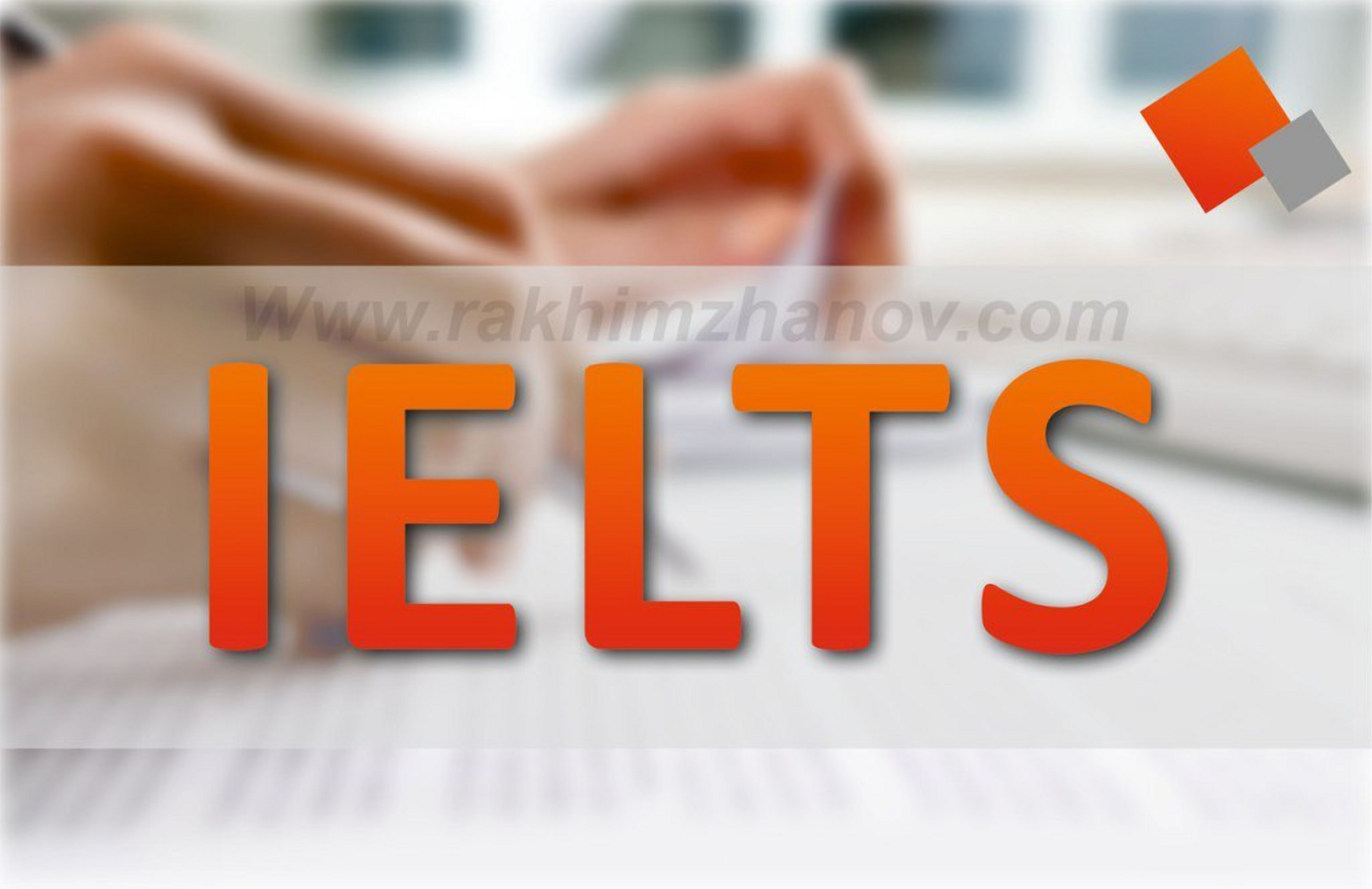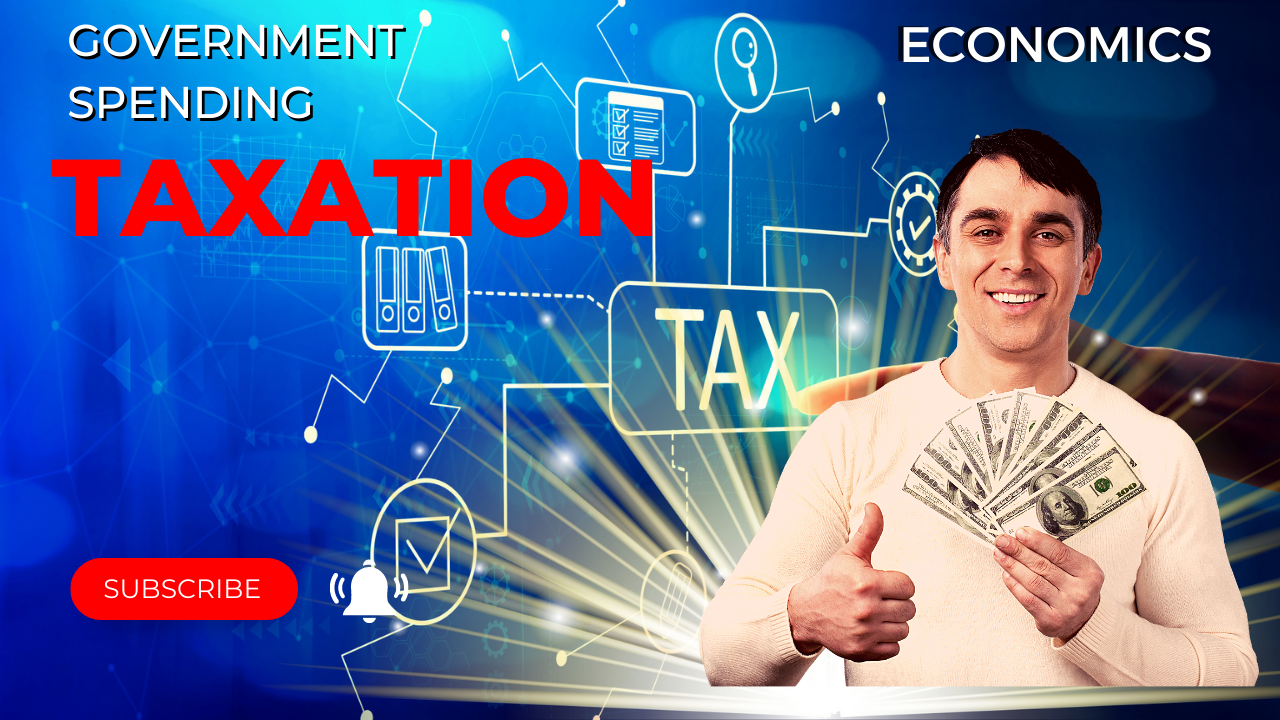Government spending and taxation
In economics, government spending and taxation are two crucial tools that are used to manage the economy. Government spending refers to the amount of money that the government spends on goods and services, while taxation refers to the amount of money that the government collects from individuals and businesses in the form of taxes.
From an economic perspective, government spending and taxation significantly impact the economy. Both of these tools can be used to influence economic growth, inflation, employment, and income distribution. This article will explore the relationship between government spending and taxation and their impact on the economy.
Government Spending Government spending can be divided into two broad categories: consumption and investment. Consumption spending refers to the government’s spending on goods and services used in the current period. These include salaries for government employees, healthcare, and infrastructure maintenance. Investment spending refers to the government’s spending on goods and services expected to provide long-term economic benefits. These include items like infrastructure development, education, and research and development.
When the government spends money on goods and services, it creates demand for them, which can lead to economic growth. This is because the increased demand for goods and services leads to increased production, which can increase employment and income. However, if the government spends too much money, it can lead to inflation, reducing the purchasing power of individuals and businesses.
Taxation Taxation is the primary source of revenue for the government. The government collects taxes from individuals and businesses to fund its operations and to provide public goods and services. Taxes can be used to influence economic behaviour and can be used to achieve economic goals.
The two primary types of taxes are progressive and regressive taxes. Progressive taxes are taxes that are based on the ability to pay. These include income taxes, where those who earn more pay a higher percentage of their income in taxes. Regressive taxes are taxes based on consumption, where those who earn less pay a higher percentage of their income in taxes. These include sales taxes, where everyone pays the same percentage of their income in taxes regardless of their income.
When the government raises taxes, it reduces the amount of disposable income that individuals and businesses have, which can reduce consumption and investment. However, if the government uses the revenue from taxes to fund public goods and services, it can lead to economic growth.
Government Spending and Taxation The relationship between government spending and taxation is essential. When the government spends more money than it collects in taxes, it creates a budget deficit. This deficit must be financed through borrowing, which can lead to higher interest rates and inflation. However, if the government spends less than it collects in taxes, it creates a budget surplus, which can reduce the national debt.
The relationship between government spending and taxation is complex, and there is no one-size-fits-all approach to managing the economy. The government must balance its spending and taxation policies to achieve its economic goals. Too much spending can lead to inflation and a decrease in the purchasing power of individuals and businesses. Too much taxation can lead to a decrease in consumption and investment, leading to a decrease in economic growth.
In conclusion, government spending and taxation are two essential tools that the government uses to manage the economy. Both of these tools have a significant impact on economic growth, inflation, employment, and income distribution. The government must balance its spending and taxation policies to achieve its economic goals and to ensure long-term economic growth and stability.



